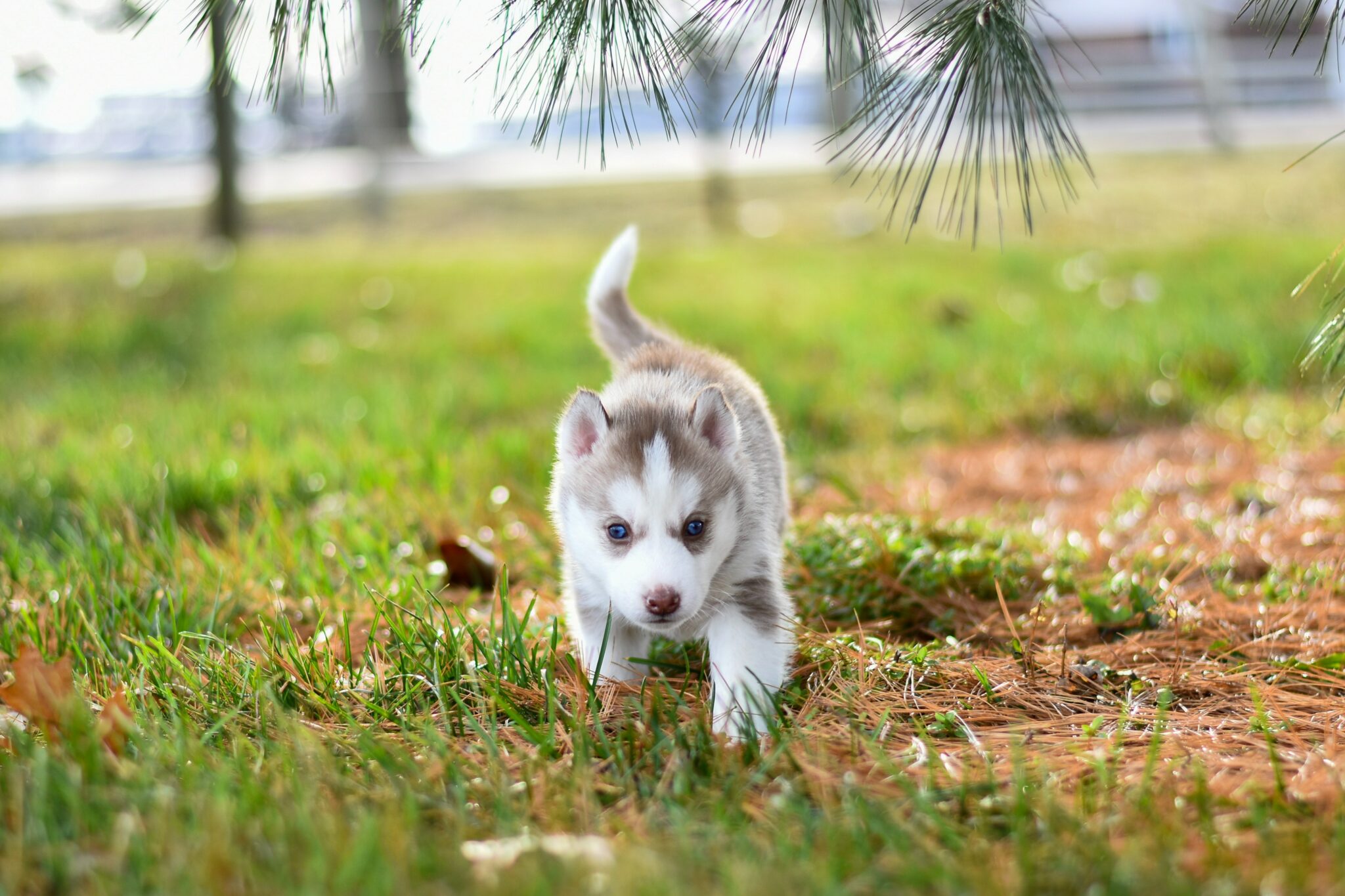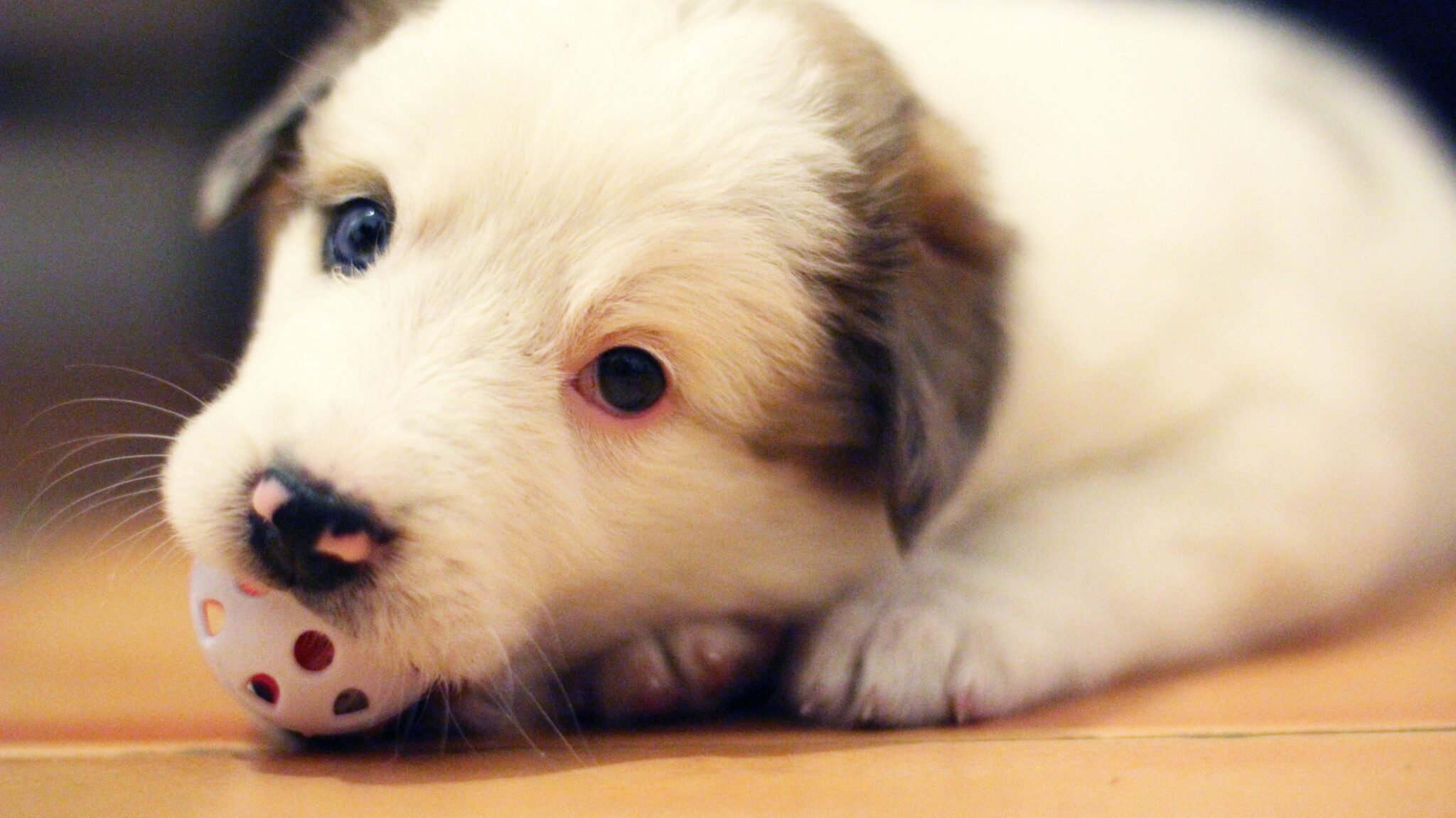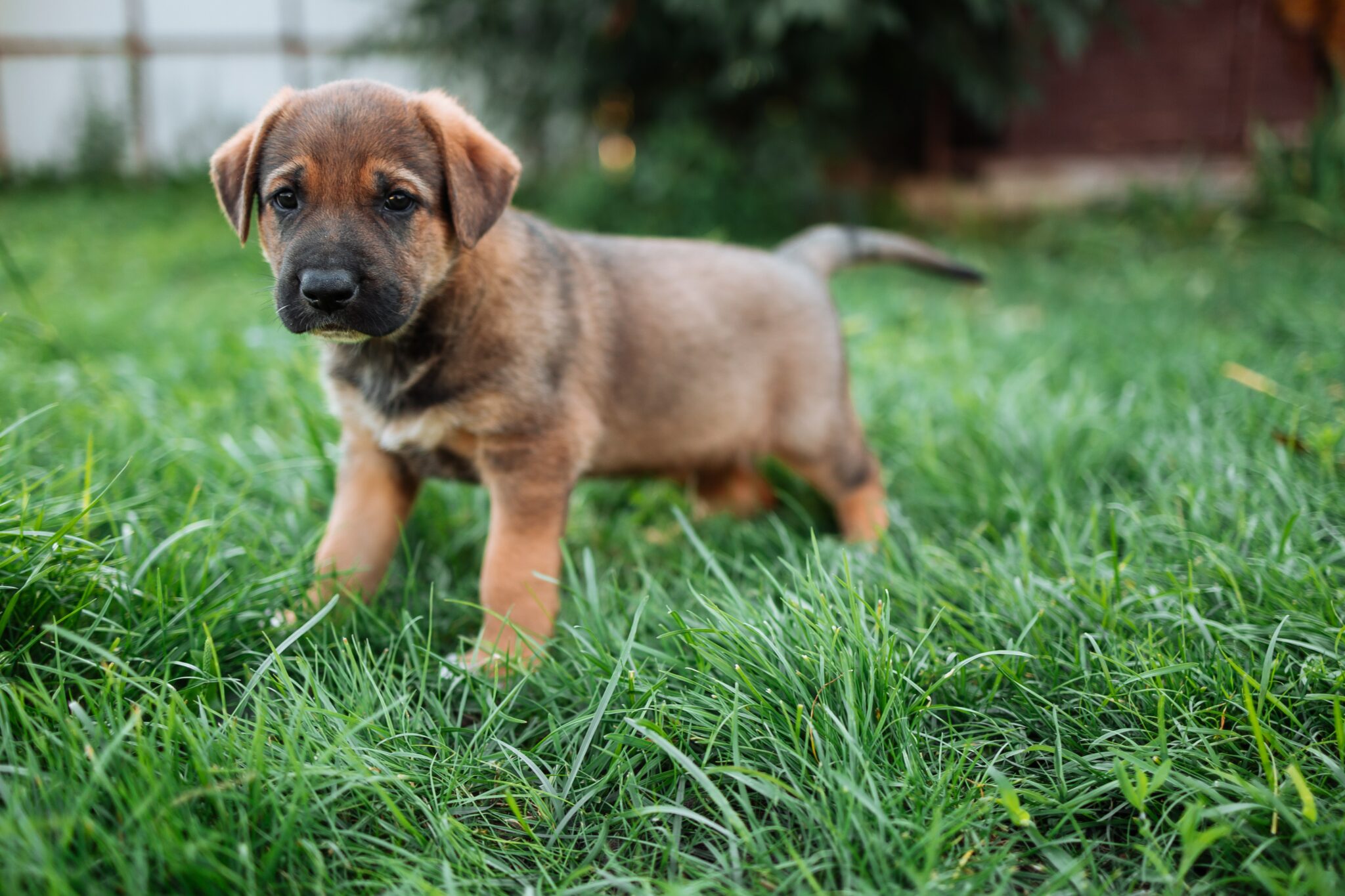10 Ways to Encourage Good Behaviour in Your Puppy

Getting a new puppy can be one of the most exciting times for pet owners. Puppies require a lot of care and training to become well-behaved adults. Training a puppy may seem daunting, but with the right approach, it can be a fun and rewarding experience for you and your new furry friend. This article will cover ten ways to encourage good behaviour in your puppy, helping them grow into a well-adjusted and obedient companion.
Start Early
The earlier you start training your puppy, the better. Puppies are like sponges, absorbing everything they experience in their first few months. Starting early will help your puppy learn good behaviours and develop good habits from the beginning. Letting training fall by the wayside will allow your puppy to develop bad habits, making it harder to teach good behaviours in the long run.
Positive Reinforcement
Positive reinforcement is one of the most effective training methods for puppies. This means rewarding your puppy for good behaviour with treats, praise, and affection. Dogs respond well to positive reinforcement and attention, particularly when food is involved. Make sure to positively reinforce behaviours as quickly as possible, as dogs respond well to immediate rewards for good actions.
Consistency
Consistency is key when training your puppy; you should establish a routine and stick to it. This includes feeding them, taking your puppy out for exercise, and training. Consistency will help your puppy learn what is expected and what behaviours are acceptable.
Socialisation
Socialisation is critical for puppies; they must be exposed to various people, animals, and environments to become well-adjusted adult dogs. Socialisation can help prevent behavioural problems such as aggression, anxiety, and fear. It can sometimes be difficult to socialise your puppy in the early stages, however, the benefits of exposing them to new sights, sounds, and adventures will ultimately pay dividends.
Use a Clicker
Clicker training is a popular method for training puppies. It involves using a clicker to make a sound when your puppy does something good, followed by a treat. This helps your puppy associate the sound of the clicker with positive reinforcement. The same thing can be achieved with a whistle, something that is great for teaching your dog proper recall and communicating with them across far distances.

Use Short Training Sessions
Puppies have short attention spans, so keeping training sessions short and sweet is essential. Aim for five to ten minutes of training per session, several times a day. This will help your puppy stay focused and engaged.
Be Patient
Training a puppy takes time and patience. It’s important to remember that puppies are still learning and will make mistakes. Be patient and understanding, and don’t get frustrated or angry with your puppy.
Avoid Punishment
Punishing your puppy for bad behaviour is not an effective training method, and it can make the behaviour worse and damage the relationship between you and your puppy. Instead, focus on positive reinforcement and redirect your puppy’s attention to good behaviours.
Teach Basic Commands
Teaching your puppy basic commands such as “sit,” “stay,” and “come” is essential for good behaviour. These commands will help you communicate with your puppy. Be consistent with these commands and ensure they’re not words that you would commonly say around the house, as this could potentially confuse your puppy whilst they’re learning.
Exercise
Exercise is crucial for a puppy’s physical and mental well-being, and regular exercise can help prevent behavioural problems such as chewing, digging, and excessive barking. Make sure your puppy gets plenty of exercise every day, whether it’s a walk around the local area or a game of fetch in the backyard. You can even enrol your dog into a social club to meet and exercise with a variety of other breeds.

Frequently Asked Questions
When should I start training my puppy?
It’s best to start puppy training as soon as possible, ideally when they are between eight and twelve weeks old. Start exposing them to new sights and sounds as soon as they’re able to leave the house after their vaccinations.
What are some common mistakes to avoid when training a puppy?
Some common mistakes include punishing your puppy for bad behaviour, inconsistent training, and not socialising your puppy enough. Other mistakes that typically occur include switching treats too often, changing basic commands, and not giving your puppy enough exercise. Puppies will always have a lot of energy, if you feel as if your dog never listens or is hyperactive at home, try taking them out for a walk prior to training them for the day.
How can I make training sessions more fun for my puppy?
Incorporating play and games into training sessions can make them more enjoyable for your puppy. You can also use treats and positive reinforcement to make training a positive experience.
What should I do if my puppy continues to exhibit bad behaviour despite training?
It’s important to be patient and consistent with your training. If your puppy continues to exhibit bad behaviour, consider seeking the help of a professional dog trainer.
How long does it take to train a puppy?
The time it takes to train a puppy can vary depending on the dog’s breed, age, and temperament. Consistent training over several months is typically required to see significant results.
Training a puppy can be a fun but daunting experience. Leave the hard work to the professionals at Allbreeds to prepare your puppy for adult life. Contact us today for all of your puppy training needs!

